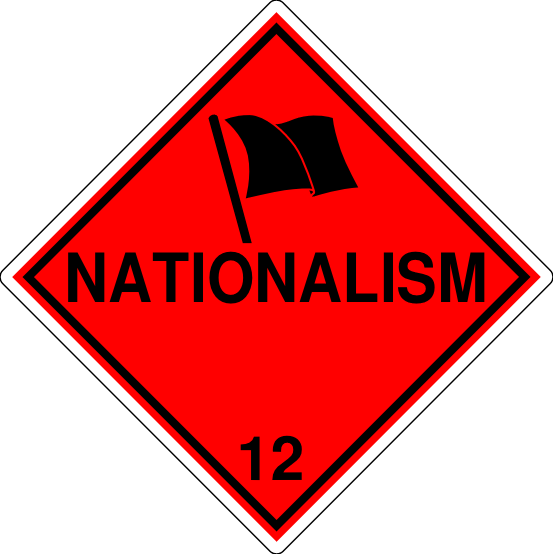
Inspired by enlightenment ideals and the changing political climate, the people of the 19th century saw an opportunity to remake the world as they wanted it to be. In Latin America several different ethnic groups rose up to try and overthrow the strict ethnic hierarchy and the oppressive Spanish regime. In Italy a movement to unify the different Italian Kingdoms into one unified Italian state gained momentum. Meanwhile in Germany conservative forces sought to create a bulwark against the liberalism by unifying the many German states into one German Empire. All of these forces of nationalism and revolution were then captured by the artists of the time who rejected the cold reason of the Enlightenment and embraced the emotional and uncertainty of the new world.
Essential Questions
- What role can religion, ethnicity and social class have on Nationalism?
- Can Nationalism be defeated or defused?
- How can nationalism be a uniting and divisive force?
- Is there such a thing as completely unbiased history?
- How has industrialization, nationalism, and liberalism impacted the world?
- How does the development of nationalism impact people, nations, and empires?
- What characteristics and factors unite people as a nation?
- Evaluate this statement: Nationalism is the most potent force in history.
Key Themes
- Nationalism
- Realpolitik
- Liberty
- Conflict
- Artful expression
Assignments
- Assignment 1: What is Nationalism?
- Assignment 2: Big Trouble in Little Haiti
- Assignment 3: Simon Bolivar
- Assignment 4: How to unify a nation
- Assignment 5: Prussians: German Concentrate
- Assignment 6: Bismark is a bad man
- Assignment 7: Nationalism: Collateral Damage
- Assignment 8: Society reflecting music reflecting society